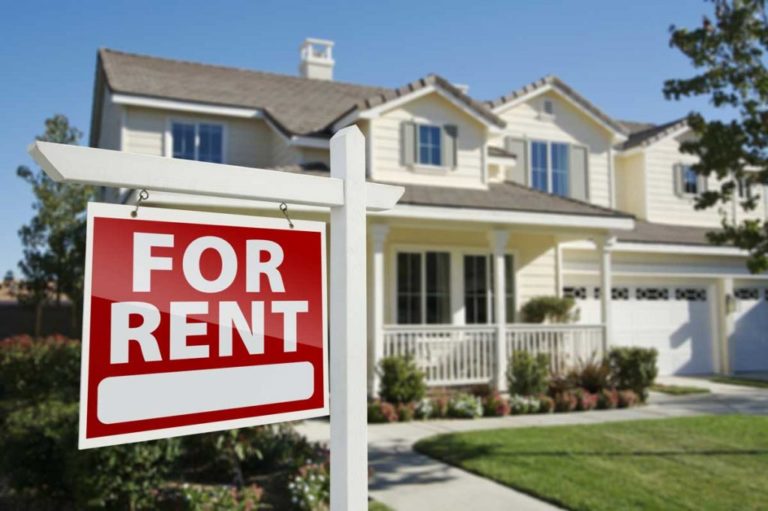Despite being in the midst of the Covid-19 pandemic, many Canadian cities, like Vancouver and the lower mainland, are experiencing a “seller’s market”. The lower mainland has been a very attractive place to live given its beautiful landscape, moderate temperature and the Canadian way of life. For these reasons and many more, individuals have been purchasing properties in the lower mainland as an investment to earn rental income for quite some time now. This includes investment properties purchased by individuals who are non-residents of Canada. If you are a non-resident of Canada and looking to sell your Canadian property, know your tax implications first. Without it, you may risk incurring significant costs!
WHAT DO NON-RESIDENTS NEED TO KNOW ABOUT BUYING PROPERTY IN CANADA?
Although there are no income tax issues, there is the Foreign Buyers Property Transfer Tax. This is a tax of 20% of the Purchase Price and must be paid by anyone who is not a Canadian citizen or a Permanent Resident or registered under the Provincial Nominee Program. This applies to any property within:
- Greater Vancouver Regional District
- Fraser Valley Regional District
You’ll have to pay the provincial land transfer tax and those amounts can vary wildly from province to province. If it is a brand new home you’ll also have to pay the Goods and Services Tax (GST) at closing.
These monies are paid at closing and cannot be rolled into the mortgage. In addition, you won’t be able to take advantage of rebate programs or other programs meant to help Canadian citizens cover the costs of homeownership.
WHAT DO NON-RESIDENTS NEED TO KNOW ABOUT SELLING PROPERTY IN CANADA?
As a non-resident of Canada, when you dispose of real property situated in Canada, there are a few income tax implications that you need to know about. The Income Tax Act of Canada provides that whenever a non-resident disposes of property, the non-resident is required to pay the appropriate amount of taxes on any gain. In order to satisfy the Buyer that the appropriate amount of taxes are paid, the Seller must provide to the purchaser, on or before closing, a clearance certificate from Revenue Canada. This certificate is issued by the federal government and certifies that a certain amount of money is payable for the taxes. The amount owing is deducted from the sale proceeds and sent directly to the federal government by the Seller’s lawyer.
Non-residents are subject to Canadian tax in respect of capital gains from the disposition of real property situated in Canada. The Income Tax Act contains provisions designed to prevent non-residents from taking their money and skipping town by requiring the buyer to remit 25% of the selling price (of non-depreciable property) within 30 days after the end of the month from date of the close of the sale. If the property is depreciable property (e.g. a rental property), the withholding rate increases to 50%. Failure to do so may render penalties and interest on the buyer. So, if nothing else is done, the buyer will withhold and remit to CRA more tax than what you likely own and you can only get a refund when you file a tax return with CRA – a significant drain on your cash flow.
We advise non-residents of Canada buying and selling property in Canada, particularly in the Greater Vancouver and Surrey areas. We recognize that you, as a non-resident of Canada, are concerned about ensuring that you comply with all of the Canadian filing and reporting regulations by the required deadlines. We provide the peace of mind in knowing that all of your Canadian tax obligations will be met.
To learn more about how Richard Kosick Co. can help simplify your non-resident tax needs, contact our team today!



